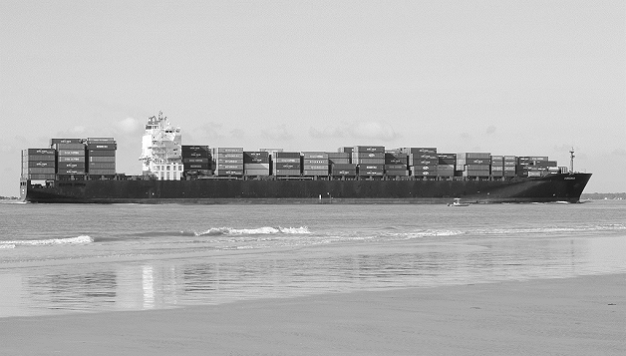On 28 May 2013, the European Commission released its annual report, the Report on Competition Policy (2012) (EC Report), which emphasised the use of competition policy to leverage the Single Market for growth, and rejected calls for a softer stance towards anticompetitive conduct in view of the continuing economic crisis.
The EC Report identified a focus for enforcement action on those sectors of the economy that are of “systemic and cross-cutting importance”, namely financial services, key network industries and knowledge-intensive markets.
In the financial sector, it was identified that competition enforcement was employed as a tool to increase transparency, fairness and the soundness of financial markets. This enforcement action would “naturally support” the broader legislative reforms designed to revitalise financial markets in the EU. For example, in 2012, the EC:
- commenced antitrust investigations into the Libor, Euribor and Tibor benchmark rates, and the credit default swaps markets.
- used its powers under the EU Merger Regulations to prohibit the proposed merger between Deutsche Börse and New York Stock Exchange Euronext, on the basis that this merger would lead to a “quasi-monopoly” in some derivatives markets (including the worldwide markets for European single stock and equity index derivatives).
The EC Report notes that its concerns in relation to the knowledge economy include conduct in digital markets, ranging from smartphones, and music to eBooks (see our previous post), and conduct in relation to pharmaceuticals. In particular, the EC Report considers the importance of preventing the misuse of intellectual property rights in the pharmaceuticals sector in the context of so called “pay-for-delay” agreements. These agreements involve a settlement to a dispute over the enforceability of a patent in which an originator effectively pays a generics manufacturer to delay their entry into the market. The Citalopram and Perindopril cases were used as examples of conduct which may constitute such an agreement. With comparable enforcement action under way in the UK, and the high profile case of Federal Trade Commissioner v. Actavis before the US Supreme Court (see our previous post), this is an issue on the radar of competition regulators.
Networked industries (such as telecommunications and energy) were labelled the “backbone” of the single market by the European Commission.
- In the telecommunications industry, competition law regulation has been utilised by the European Commission to prevent anti-competitive conduct, such as margin squeezing and market sharing agreements between competitors.
- In gas and electricity markets, serious obstacles to competition remain. This is compounded by limited interconnection of networks between Member States.
There are some differences in enforcement activity between the ACCC and the European Commission. In Australia, the ACCC has a role in regulating both price and access in certain networked markets, as discussed in its most recent Annual Report (2011-12). In addition, the continued emphasis on the ‘single market’ objective is a unique feature of the EU competition law and policy. This concern features prominently in the EC Report. As early as 1993, the Hilmer Review identified that the significance of state and territory boundaries for commerce had rapidly diminished, such that there was a single integrated market in Australia.
However, these differences do not detract from the relevance and the insights that can be obtained from an analysis of the enforcement of competition law by the European Commission. In particular, the direction of the European Commission in regard to enforcement action in the knowledge economy may be an indication of an area of future interest for the ACCC.
Photo credit: Rockcohen / Flickr / CC-BY








